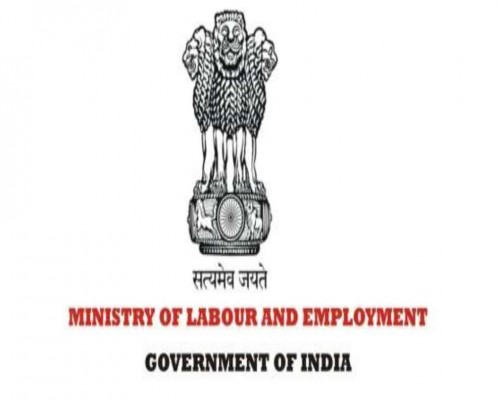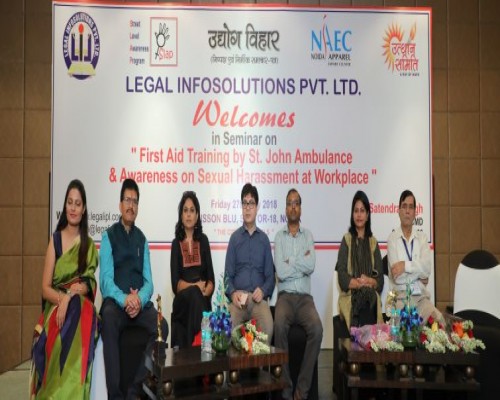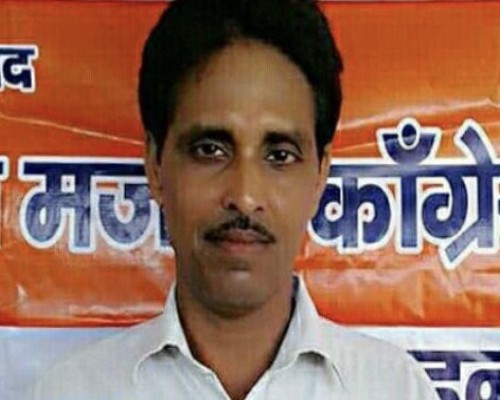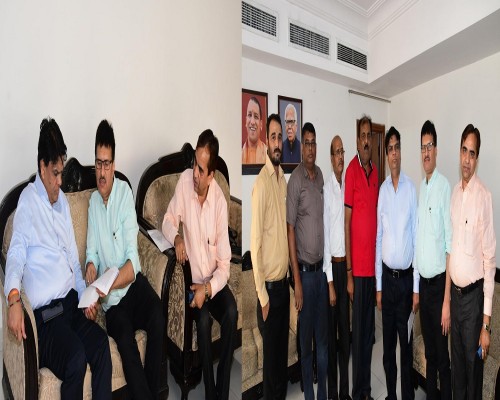"Supreme Court and High Court Rulings: Key EPF Insights from December 2024"

Highlights of 14 Landmark Judgments on Employees' Provident Fund
1. Part-Time Employees' Wages Count as Basic Wages: Monthly remuneration and allowances paid to part-time employees qualify as 'basic wages' under the EPF Act. (Madras High Court)
2. PF Deposits Governed by EPF Act: Employers must deposit PF as per the EPF Act deadlines, not the Income Tax Act. (Rajasthan High Court)
3. Frozen Accounts Are Off-Limits: Banks cannot utilize establishment funds when accounts are frozen by court orders. (Madras High Court)
4. Pre-Deposit in Appeals Not Mandatory: Appeals against damage orders before the Tribunal do not require a pre-deposit. (Karnataka High Court)
5. No Damages for Unintentional Delay: Establishments with bona fide reasons for delay in deposits are exempt from damages. (Rajasthan High Court)
6. Interest on EPF Accounts: Employees are entitled to receive interest on EPF balances until the date of final payment. (Patna High Court)
7. Liability of Principal Employer: Principal employers are responsible for PF dues only when contractors fail to pay. (Punjab & Haryana High Court)
8. Delayed Challenges to Section 7-A Orders Not Allowed: Orders under Section 7-A cannot be challenged after a 10-year delay. (Madras High Court)
9. Full Financial Records Required: Employers must submit comprehensive financial records, not excerpts, to EPF authorities. (Kerala High Court)
10. Consideration in 7Q Proceedings: EPF authorities must address establishments' contentions in proceedings under Section 7Q. (Karnataka High Court)
11. Protection During Court-Granted Extensions: EPF authorities cannot act against establishments when High Courts grant time extensions for dues. (Andhra Pradesh High Court)
12. Opportunity to Submit Records: Establishments must be given adequate chances to present relevant records during investigations. (Telangana High Court)
13. Clarity in Default Orders: Orders by PF authorities must clearly specify the default period to avoid ambiguity. (Karnataka High Court)
14. Damages Provisions Are Not Absolute: Imposing damages under the EPF Act requires consideration and is not mandatory. (Punjab & Haryana High Court)
15. Exemption Plea Requires Timeliness: Exemption claims not presented before EPF authorities cannot be raised before High Courts. (Madras High Court)
16. Contractor Reporting Obligations: Contractors must submit monthly details of PF contributions to the principal employer. (Madhya Pradesh High Court)
17. Unchallenged Tribunal Orders Stand: Erroneous Tribunal orders remain valid if not challenged by the establishment. (Madras High Court)
18. Employee Interest Rights Prevail: Delays in payment cannot deprive employees of their right to PF interest. (Patna High Court)
These judgments provide critical guidance on compliance, employee rights, and employer obligations under the EPF Act.
Stay updated with UDYOG VIHAR for more insights into landmark labour rulings shaping workplaces in India.























